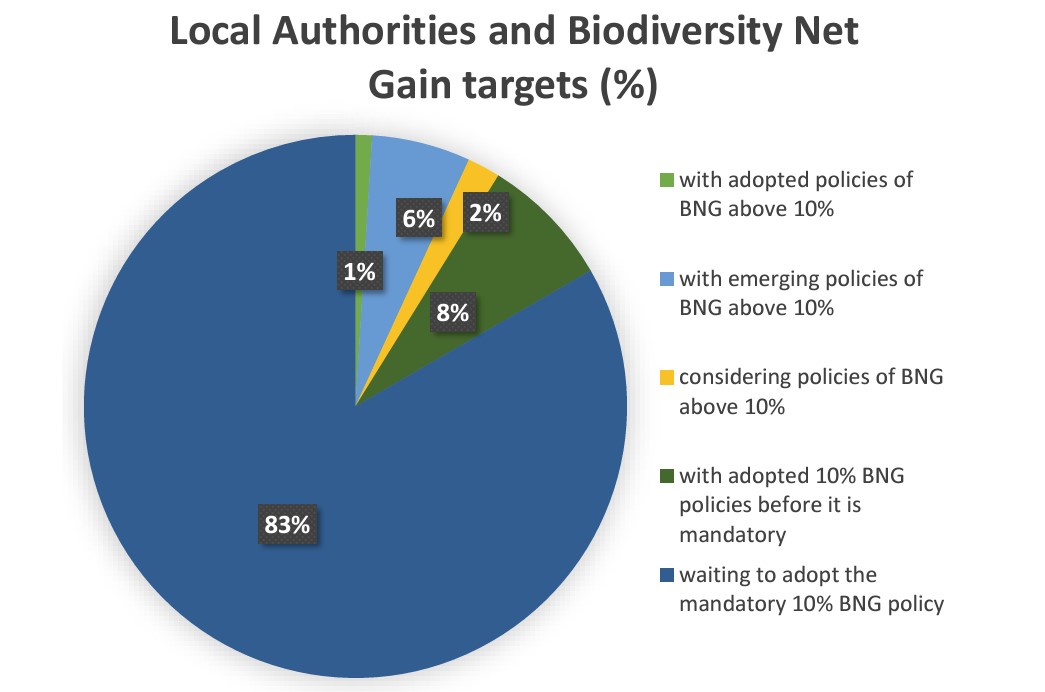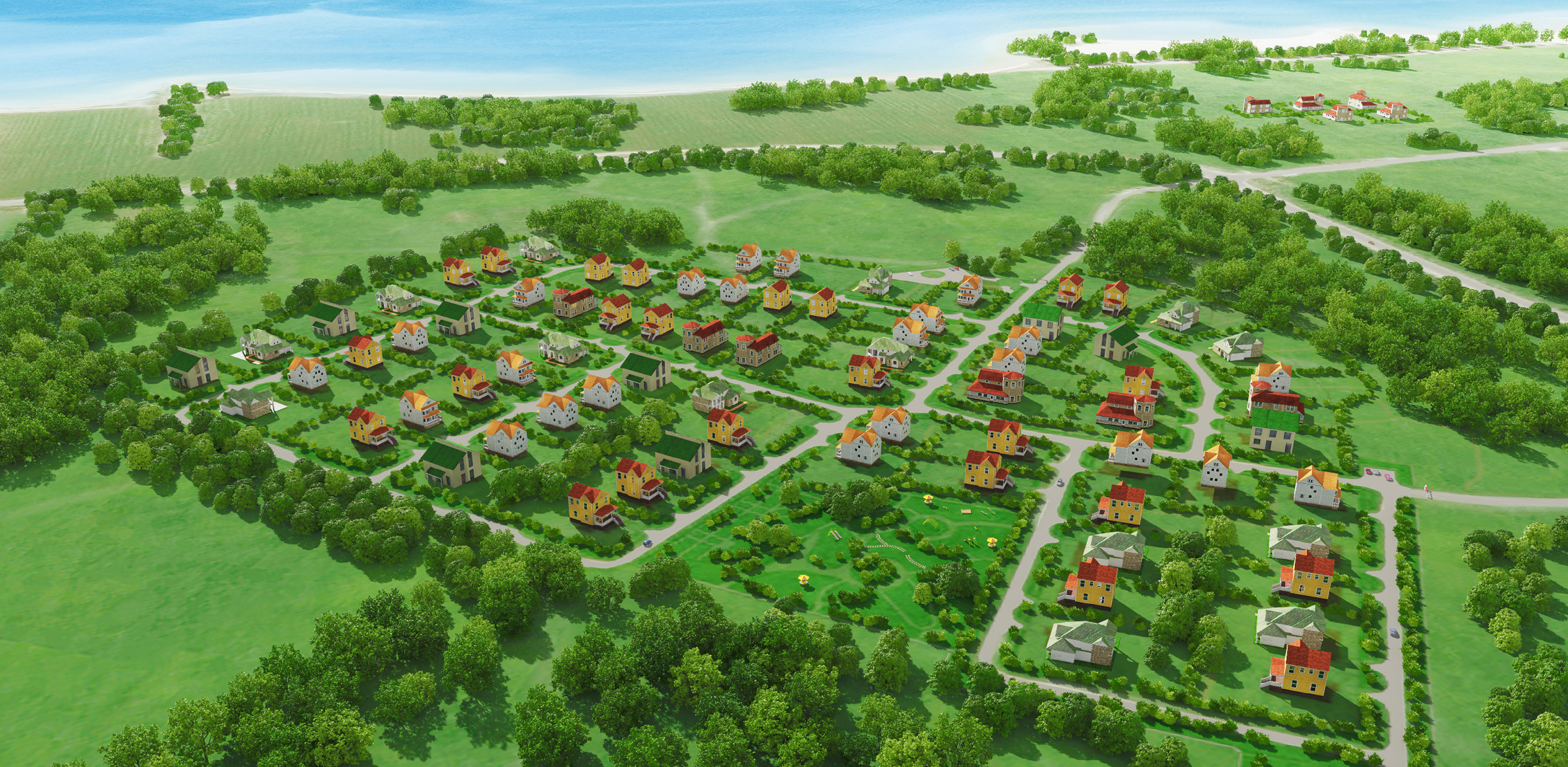New Briefing Says 10% BNG is Not Enough
Wildlife and Countryside Link (WCL), of which CIEEM is a member, has today published a new briefing that explores the findings and recommendations of research into local authorities’ progress towards ambitious Biodiversity Net Gain (BNG) policies in England.
As mandatory 10% biodiversity net gain approaches on Monday 12 February, WCL investigated the net gain policies already in place and policies on the horizon for all authorities in England.
However, the Government’s own Impact Assessment acknowledges that 10% BNG may not go beyond “no net loss”. And Tony Juniper, Chair of Natural England, told the Environmental Audit Committee last week that BNG is very welcome but will really only help us to stand still, acknowledging that biodiversity is complex and that we are still losing habitats outside of development.
The briefing celebrates those local authorities with the most ambitious net gain policies, demonstrating the feasibility of higher percentages of net gain and encourages more authorities to strive for greater net gain.
Two local authorities already have an active policy above the mandatory 10% net gain (Guildford and Worthing), a further 18 authorities have emerging ambitious policies, and six more are considering adopting 20% net gain.

The briefing recommends that the Government supports further ambition and robust delivery of BNG, saying that it should:
- support local planning authorities to go beyond the 10% BNG minimum,
- set a higher than 10% national minimum for major infrastructure projects (BNG will only become mandatory for major infrastructure projects in 2025), and
- ensure authorities have sufficient resources for monitoring and enforcement.
